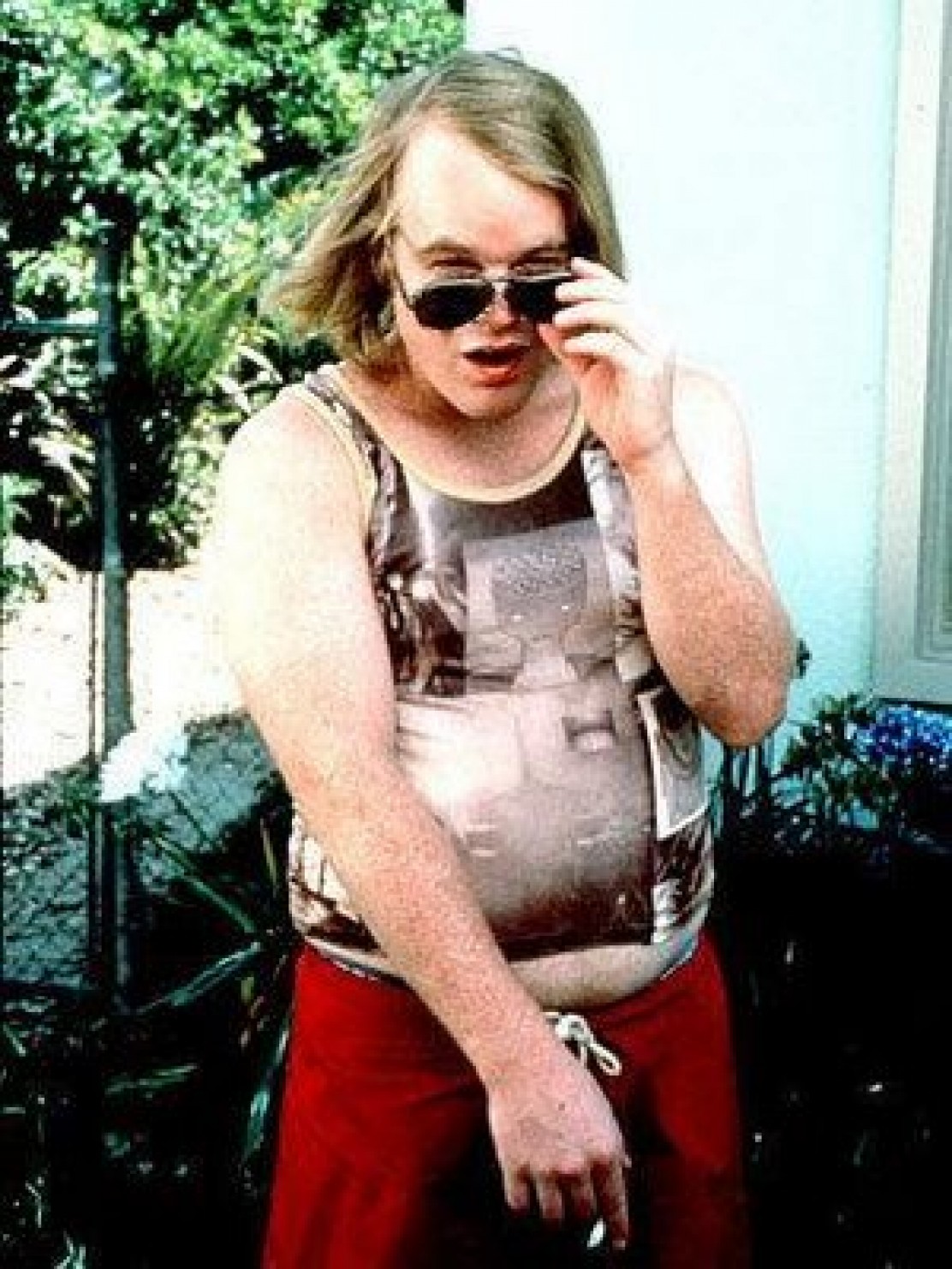At the end of the semester, looking back, it seems apparent that Translating Observation was probably not the best subject for me. I suspected it from the beginning, but there was no other studio that really appealed to me either. This doesn’t mean that I didn’t enjoy many aspects of the subject, nor does it mean I went away empty handed, without learning anything. It simply means that it made it harder for me to involve myself in the subject and really strive to do well.
I’m getting all of this stuff out of the way early not as an excuse, but simply because I find it easier to get all of the more negatively framed stuff over and done with now. I wasn’t engaged in a lot of the practical tasks in class, perhaps because they tended to be drastically similar to the ones I undertook last semester, and writing up observations I’d made into posts definitely isn’t my style. A lot of these issues are personal – lots of people I spoke to in the class thoroughly enjoyed the very things that I wasn’t particularly interested in.
With all that said, it eventually comes down to my choice to take the subject – I’m not criticising Robin and his great work, but somewhat expressing regret at the choice. By this stage of the post, it reads like I had the worst few months of my life. This actually isn’t the case – for all the things about Translating Observation that didn’t click with me, I learnt a lot and found it a brilliant platform for discussion and expanding my horizons.
The parts of class I consistently enjoyed were the times when everyone would share their observations. It’s so great to hear other people talk about what they see and notice. Everyone picks up on distinct and unique things, so when a whole class full of different people share their stories, there are always so many different ones – some are funny, some are sad, and all of them make me think about the person who’s noticed them and why that particular moment stuck out to them. Not in a psychoanalysis way, just in the sense that most of everyone else’s observations wouldn’t have even occurred to me as strange or even interesting, so having the unique perspectives demonstrate how they observe the world is a brilliant experience.
It was for this reason that I really wanted to work on someone else’s observation. I usually really enjoy carrying out my own ideas with a team and seeing them visualised, but this class made me more aware of and interested in ideas of other people. It seems odd, but because I was always so keen to listen to people share their ideas, I felt far more obliged to create theirs than my own. I was never particularly interested in my own observations – partly because I wasn’t accustomed to having to write them up and concern myself with them, and partly because I observe things every day – I’m used to my own thoughts and awareness.
I’m not sure if I’m entirely happy with the final product of our film. The direction of it got changed and rearranged a lot, and I don’t think anyone in the group was ever completely aware of what was actually going on with it. There were countless discussions about what it was about, and what we were going to do next with it, but for every talk we had about what to do with the film, it just seemed to get more confusing. I think that the individual scenes and ideas are very interesting and well made, but I feel like overall the film is missing a piece or two to become complete. This happens. It was an ambitious project, so I didn’t expect to create a perfectly well rounded and flawless film. I’m happy to have been part of a group that tried something different. My only objective complaint is that I don’t feel input in the group was balanced, and some voices were louder than others, which I think resulted in the muddiness of the finished product.
I don’t regret taking Translating Observation. While as a subject, it wasn’t really as suited to me as some others, I did enjoy it and I learnt a lot about observing, collaboration, and filmmaking. I think the subject is good in general, but I don’t think it’s my cup of tea.
